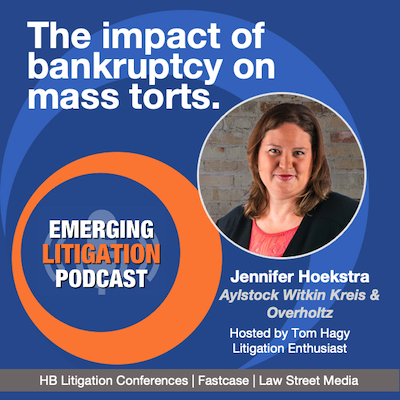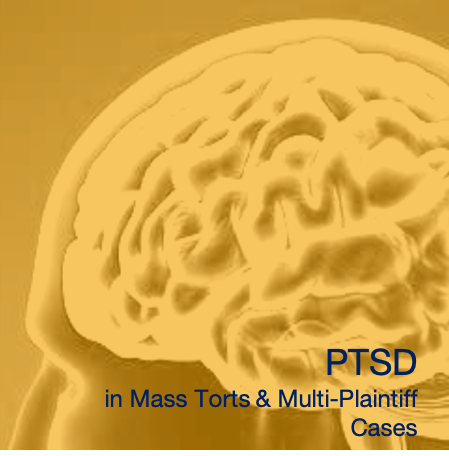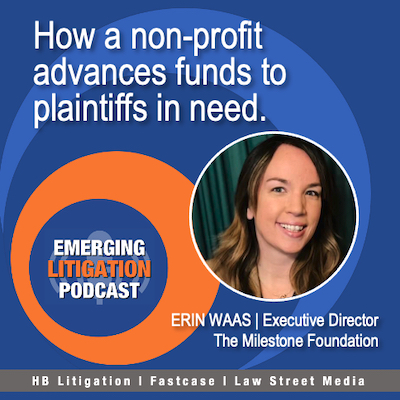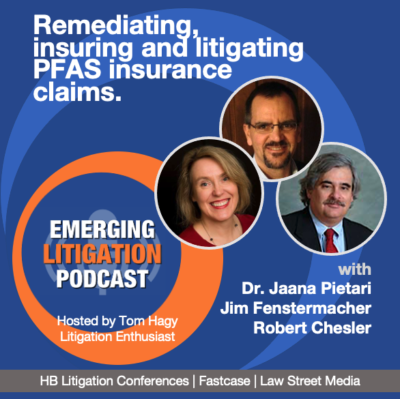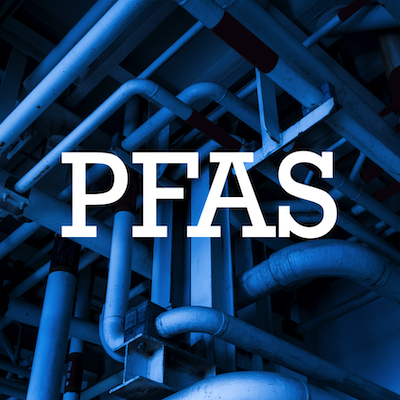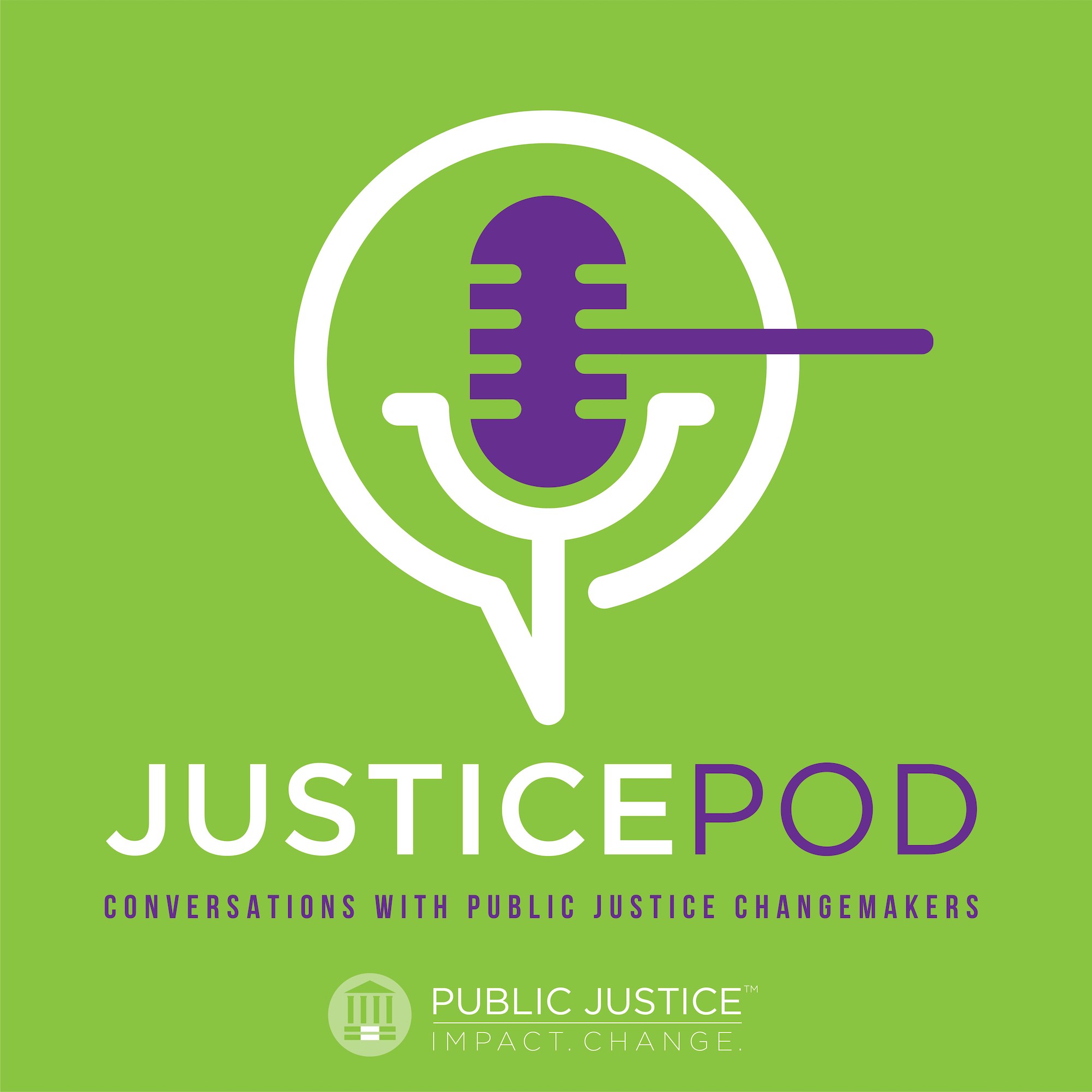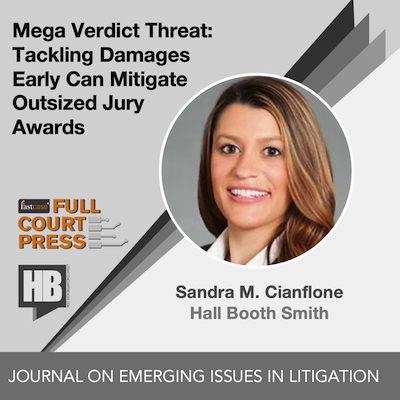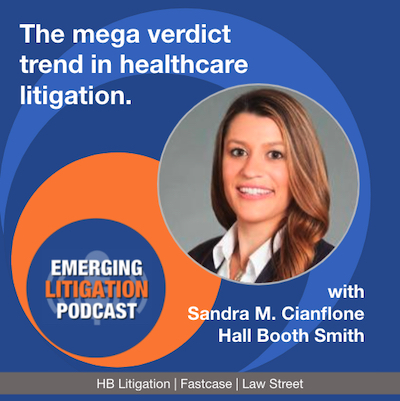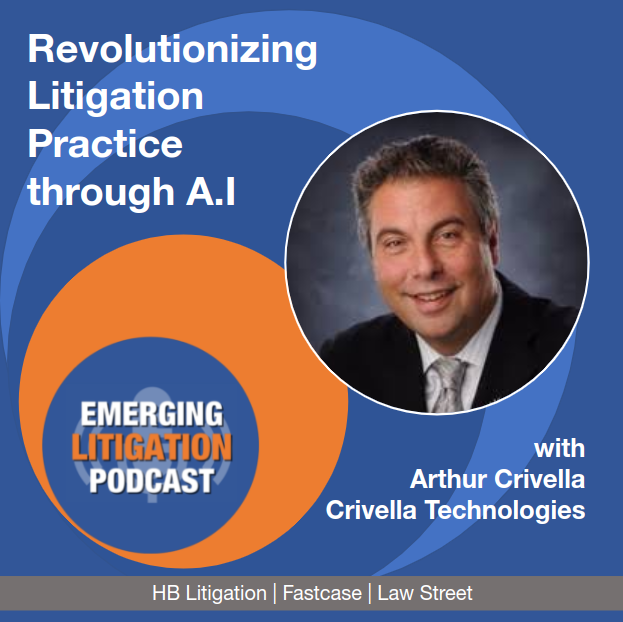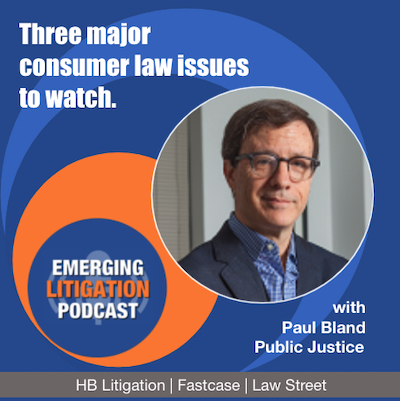Greatly Exaggerated: The Impact of Bankruptcy on Mass Torts with Jennifer Hoekstra
When large companies face massive mass tort litigation, one way they can survive is to file for bankruptcy protection and reorganize. 3M recently put its Aearo Technologies subsidiary into bankruptcy in the face of more than 230,000 claims that's its defective earplugs caused hearing loss. When it came to filing bankruptcy 3M said Aearo was solely responsible for the product. But for several years of litigation 3M argued that it, as the parent, was solely responsible, not its various subsidiaries. That was a strategy that was beneficial to the company in multidistrict litigation. Why did 3M suddenly change course? What impact does bankruptcy have on claimants? Could corporations use bankruptcy law to neuter mass tort litigation for all eternity? And how did the strategy sit with the federal magistrate judge overseeing the multidistrict litigation? Joining me to discuss this incredibly complex litigation is Jennifer M. Hoekstra, a partner with Aylstock Witkin Kreis & Overholtz. Jennifer has been involved in all varieties of complex litigation since 2007, focusing on mass torts, drug and device litigation, and others. She has a J.D. from Tulane, which she earned while also completing a certificate in Environmental Law. She has actively served as trial counsel or an integral member of the trial team in several of the 3M Earplug trials securing nearly $300 million in compensatory damages [...]

